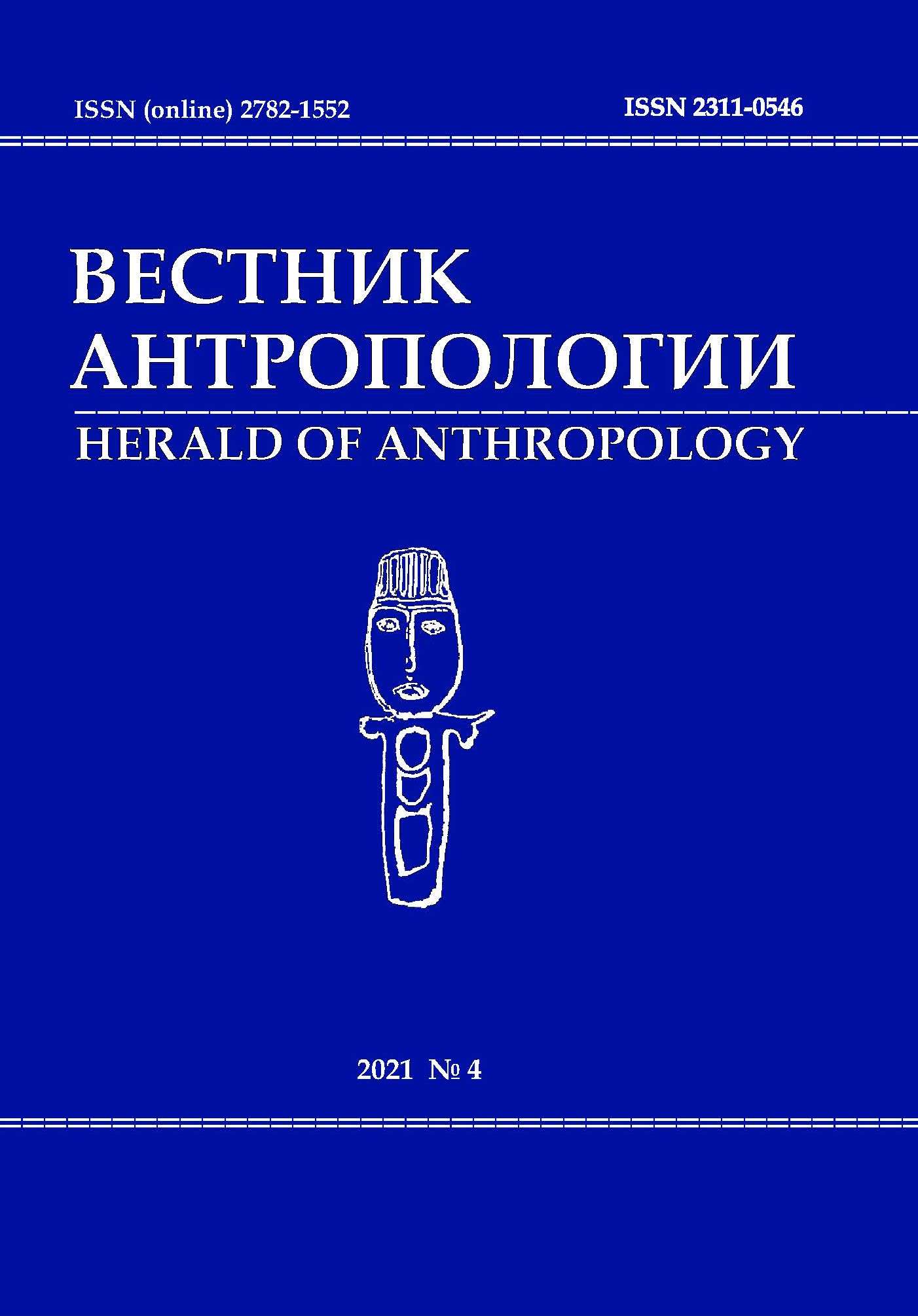Профессиональный доход и паттерны экономического поведения русских женщин-историков второй половины XIX – начала ХХ вв.
DOI: 10.33876/2311-0546/2021-4/201-214
Ключевые слова:
женщины-историки, экономическое поведение, история повседневностиАннотация
В статье рассматривается трансформация профессиональной повседневности русских женщин-историков второй половины XIX – 20-х годов ХХ в. через призму изменения дохода от профессиональной деятельности и особенностей экономического поведения. На основании эго-источников, официальных документов о заработной плате научных работников и сохранившихся в архивах тетрадей, в которых женщины фиксировали поступление и расходование денежных средств, можно проанализировать влияние карьерных изменений на семейный бюджет первых исследовательниц. Генерационный подход позволяет увидеть различия в экономическом поведении женщин-историков разных поколений: если во второй половине XIX в. занимавшиеся литературной или предпринимательской деятельностью интеллектуалки искали возможности для заработка с помощью публикаций, то в конце XIX – начале ХХ в., когда женщины институализировались в академической среде, они вынуждены были работать в условиях жесткой конкуренции как с мужчинами, так и с другими выпускницами Высших женских курсов. Почти у всех исследовательниц с приходом советской власти резко ухудшилось финансовое положение, только немногие смогли сохранить преподавательскую работу. Лишь в середине 1920-х годов материальное положение ученых, в том числе женщин-историков, улучшилось. Тем не менее социальная нестабильность и необходимость совмещать научную работу и работу по дому негативно влияли на профессиональный рост и развитие женщин-ученых.
Для цитирования: Секенова О.И. Доход от профессиональной деятельности и паттерны экономического поведения русских женщин-историков второй половины XIX – начала ХХ в. // Вестник антропологии, 2021. № 4. С. 201–214.






















